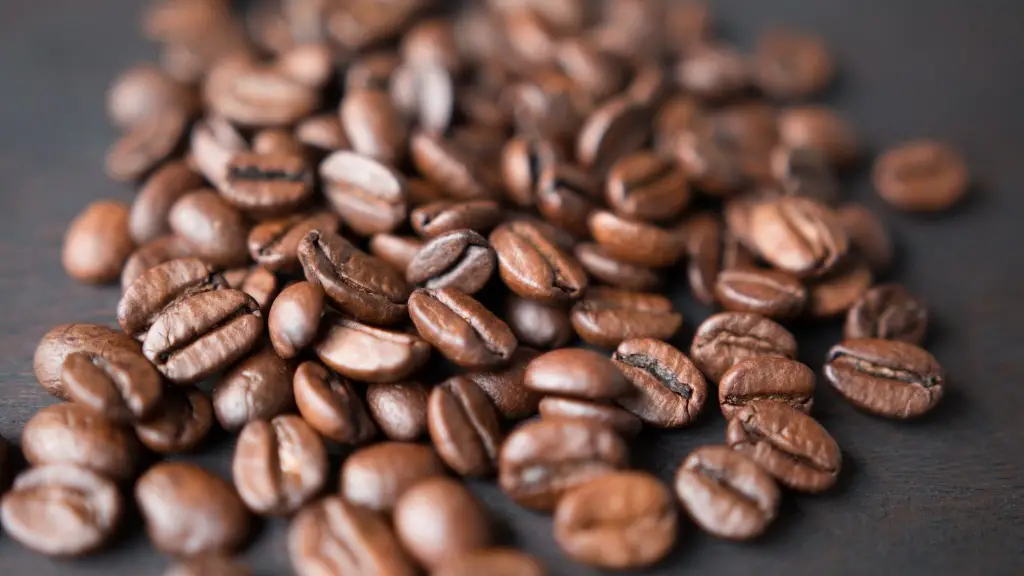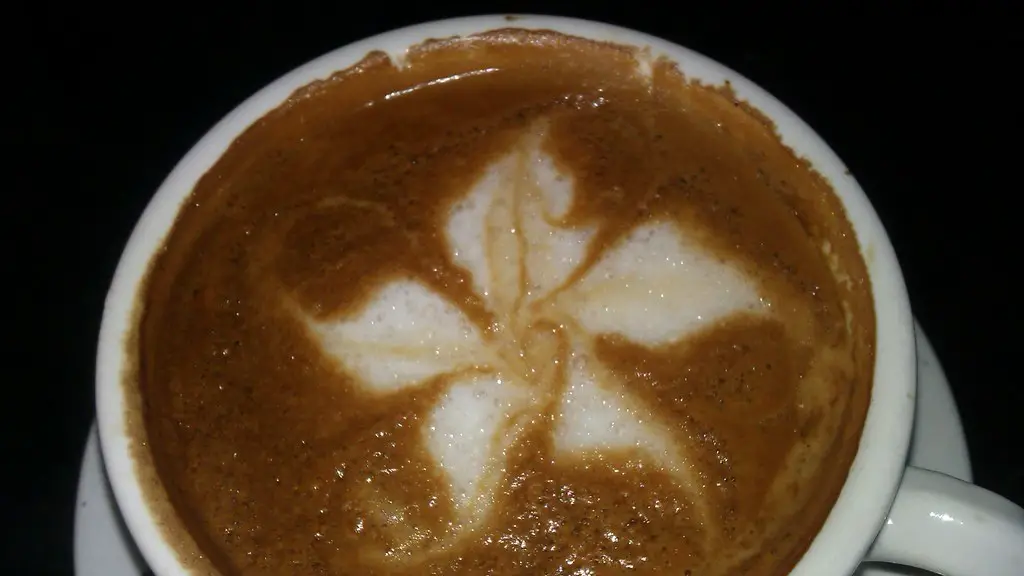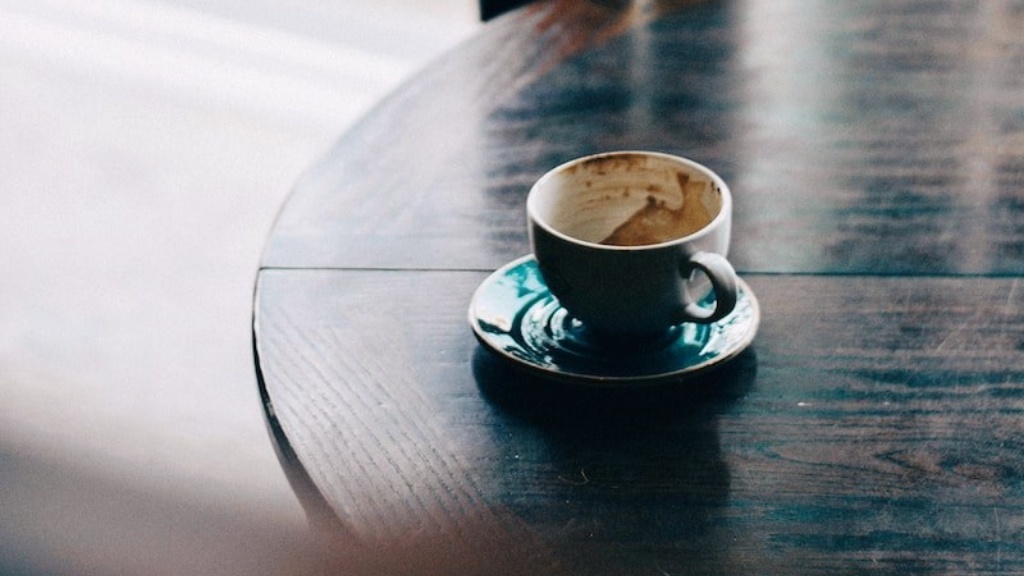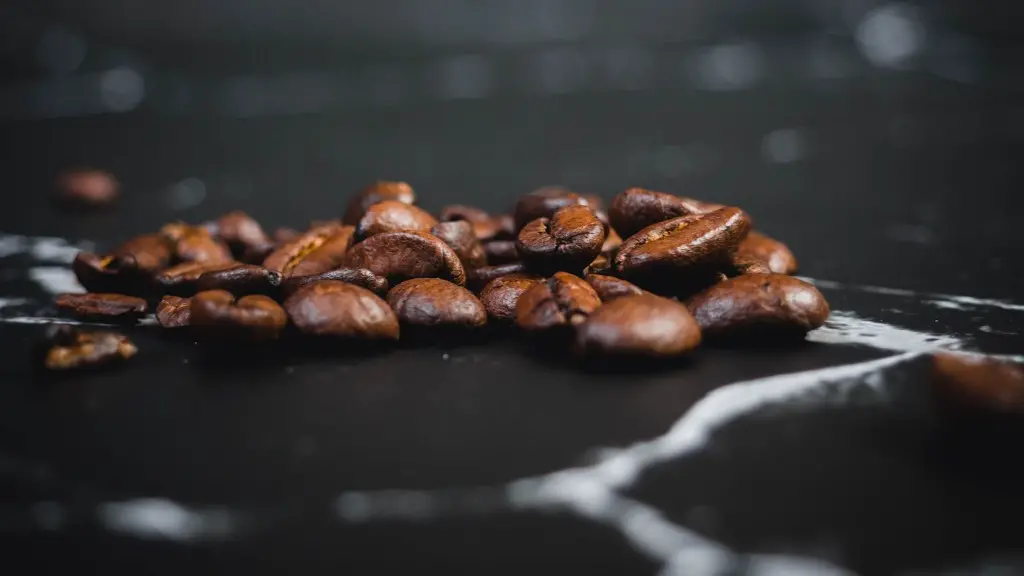Coffee has been present in our lives since the dawn of time, being consumed as part of a morning or afternoon ritual. However, what one may not be aware of is that many people experience coughing after drinking coffee. This symptom can be disconcerting and a source of worry, as it usually appears soon after having a cup of coffee.
What Causes Coughing After Coffee?
The causes of coffee-induced coughing are, unfortunately, difficult to determine. In some cases, an individual’s health condition can be a factor. For example, those who suffer from GERD (Gastroesophageal Reflex Disease) or asthma may be more prone to coughing after drinking coffee. Furthermore, it has been suggested that caffeine could be at fault, being a stimulant that can increase reflexes in the airways.
According to the authors of a study published in the European Respiratory Journal, the combination of coffee’s caffeinated properties and the hot temperature of the beverage may explain why people often cough when drinking the drink. In this study, it was demonstrated that coughs could be triggered in humans when the temperature of an applied substance exceeded 39-41 degrees Celsius. Coffee is often served at temperatures higher than this and thus would fit the criteria.
Another potential cause of coffee-induced coughing is the presence of coffee substances known as amines and polyphenols. These two substances can lower the airway’s defense system, thus being responsible for the irritating sensation that results in a cough. Therefore, one can assume that the higher the concentration of these two components, the more likely the coffee will lead to coughing.
Preventing Coffee-Induced Coughing
Unfortunately, there is no guaranteed method to prevent coffee-induced coughing. However, there are a few measures that can be taken in order to reduce the chances of having a coughing fit. The first one is drinking coffee at a cooler temperature. This ensures that the hot temperature is not as likely to trigger an episode. Furthermore, one can make use of espresso machines that offer beverages at a lower temperature.
Another suggestion is to opt for a lower caffeine concentration. For example, decaffeinated coffee can be the beverage of choice for those who struggle with coughing after drinking. It is worth noting, however, that the beverage still contains a low concentration of caffeine, thus providing a milder effect.
Finally, one may consider diluting the coffee with some cold water or adding a splash of milk. This combination is not as likely to give rise to coughing as drinking a pure cup of coffee.
Diagnosing Coffee-Induced Coughing
If coughing becomes intense and regular, or if it is accompanied by other symptoms such as sneezing, wheezing and shortness of breath, it is best to seek medical advice. Diagnosing coffee-induced coughing can be difficult and thus more in-depth tests such as chest x-rays, lung function tests, and allergy tests may be required. Depending on the results of the exam, the doctor can provide a suitable treatment plan.
Conclusion
Coffee-induced coughing can be disconcerting and annoying. Luckily, there are a few steps that one can take to reduce the chances of having an episode. Furthermore, if the coughing is severe or is accompanied by other symptoms, it is best to seek medical advice.
Secondary Causes of Coughing After Coffee
Aside from the physical reasons that can cause coughing after coffee, some people may be predisposed to this symptom due to underlying psychological factors. Some people may drink coffee in order to experience an adrenaline rush or to be more focused and alert. This might lead to the individual being more prone to coughing after consuming the beverage, due to the intense craving for the effects of the caffeine.
Moreover, for some, the taste and smell of coffee can be overwhelming, thus leading to a coughing reflex. If someone does not enjoy the taste and smell of coffee, they can opt for an alternative beverage. This can help reduce the chances of having an episode.
Another potential cause of coffee-induced coughing can be related to anxiety. Anxiety is known to exacerbate the body’s reflexes, thus leading to coughing fits. In this case, an individual may have to seek counselling, as anxiety can be a difficult condition to treat.
Symptoms and Treatment
As mentioned before, coughing can be accompanied by other symptoms such as sneezing, chest tightness, and wheezing. If such symptoms are present, it is best to see a doctor. Depending on the doctor’s diagnosis, they might prescribe medications such as bronchodilators or anti-inflammatory drugs, as well as individual and group therapy.
Simple home remedies have also been proposed in order to alleviate the symptoms. Examples of such remedies include sleeping with extra pillows, drinking hot water with honey and lemon, and taking over-the-counter antihistamines. All of this should be done in conjunction with a doctor’s advice.
Breathing Exercises
Breathing exercises can be a useful way of helping to reduce the intensity of coughing fits. By taking slow and controlled breaths, one can be sure to oxygenate their lungs and to reduce the chances of having an episode. Furthermore, exercises that focus on relaxation techniques such as yoga and meditation can help to ease anxiety associated with coffee-induced coughing.
In addition, individuals should be aware of the posture they have when drinking coffee. Sitting up straight or standing can help with proper oxygenation, thus reducing the chances of coughing. Drinking while lying down or in an uncomfortable position can aggravate the condition.
Summary
Coughing after drinking coffee is a common problem that can be quite disconcerting. While its causes are difficult to determine, there are a few steps that one can take in order to reduce the chances of an episode. Lowering the temperature and diluting the beverage can help, as well as opting for decaffeinated coffee if necessary. Finally, diagnoses, treatments, and breathing exercises can all play a part in ensuring that this irritating symptom does not occur.




